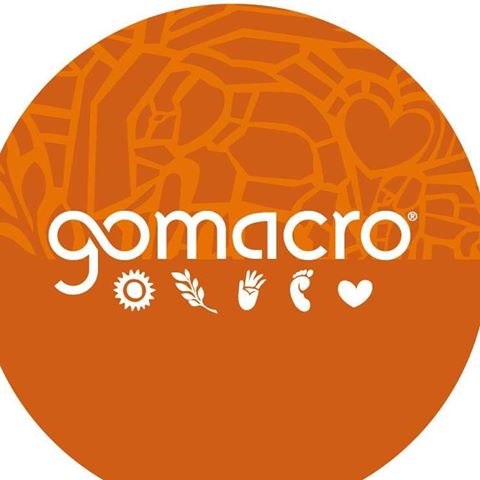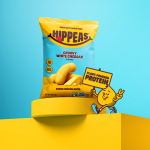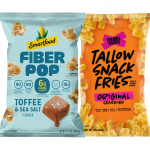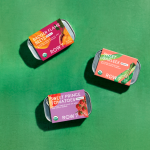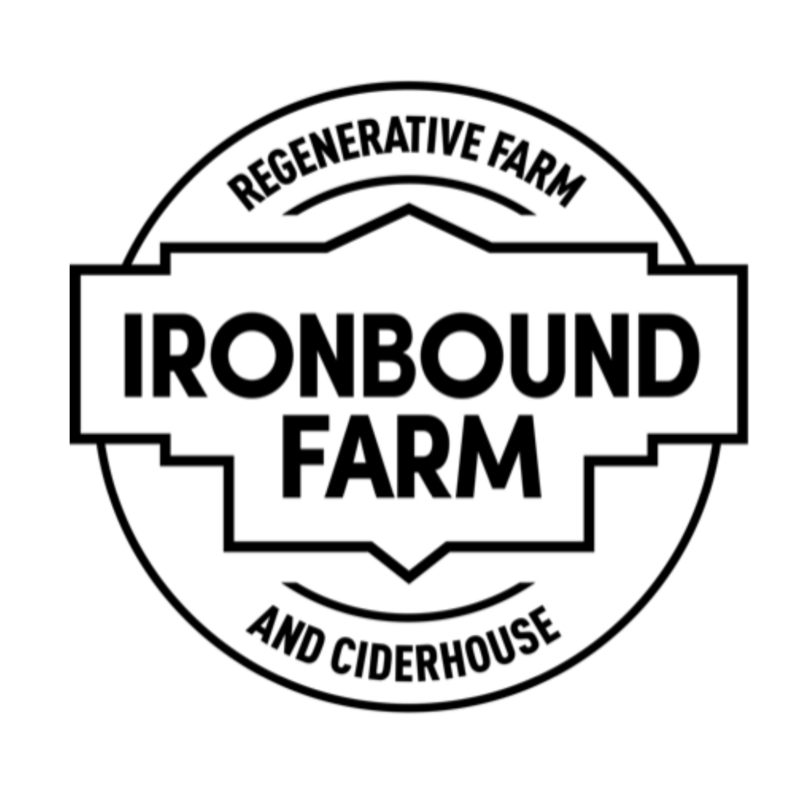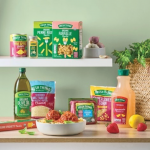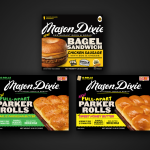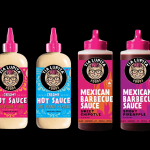The Checkout: Indigo Ag Raises $360M, GoMacro Powers its Community
Welcome to The Checkout: an express lane for weekly news you need to know, always 10 items or less.
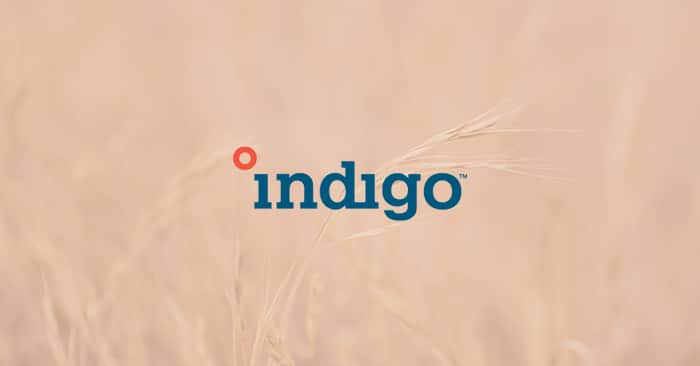
Indigo Ag Raises $360 Million
Boston-based Indigo Agriculture, which helps connect farmers with food and beverage brands, raised $360 million in extended Series F funding from new investor Alaska Permanent Fund and Flagship Pioneering, which first incubated the company as a prototype company called FL24 inside its Flagship Labs in 2013. The company previously closed a $175 million convertible note in January.
The funds will be used in part to expand the company’s online platform, Indigo Marketplace, which connects buyers with farmers raising sustainably grown grains. The funding will also help scale Indigo’s other offerings, Indigo Carbon, Indigo Transport, Digital Agronomy, and Indigo Microbials, all of which aim to build a more resilient, traceable supply chain.
Along with the new funding, the company has appointed Stéphane Bancel, CEO of biotech company Moderna, to its board of directors. Bancel noted in a release that there’s a large opportunity for Indigo to help fight climate change, “one of the greatest threats of our time.”
“Through technological and scientific innovation, Indigo has the potential to revolutionize the agriculture industry and directly address climate change,” Bancel said.
Food Supply Protection Act Receives Bipartisan Support
U.S. Sen. Debbie Stabenow (D-Mich.) and U.S. Sen. Lisa Murkowski (R-Alaska) on Tuesday reintroduced the Food Supply Protection Act. First proposed by Senate Democrats in May, if passed, the updated bill would increase funding to support farmers, food workers, food banks, and families impacted by the pandemic from $1 million to $2.5 million.
Citing the recent supply chain issues experienced during the pandemic, the bill aims to improve food production safety by upgrading small and medium-sized food producers’ machinery and temporary cold storage as well as funding personal protective equipment, test kits and cleaning supplies. It would also help farmers and food companies reach new markets to avoid supply chain bottlenecks and support food banks and nonprofits via infrastructure grants and partnerships with foodservice operators to purchase excess food.
Murkowski noted in a release that her home state of Alaska, which already struggles with supplying food banks and nonprofits, saw the pandemic particularly impact the fishing and seafood industries that are key to the state’s economy. The updated bill includes safety protections for seafood workers and allows states to purchase seafood products for food banks.
In addition to an array of cosponsors from both political parties, the bill is also supported by over 50 food and agricultural organizations, including Impossible Foods, Danone North America, the Organic Trade Association and others.
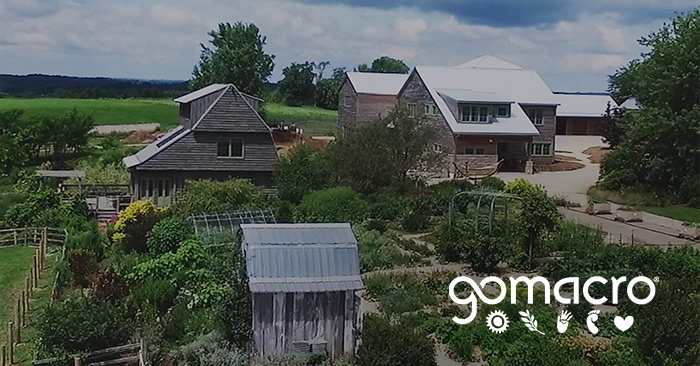
GoMacro Fuels Renewable Energy Initiative
Planning to fuel more than just its consumers, plant-based nutrition bar brand GoMacro announced last week it will supply 100% renewable wind energy that will power all residences, businesses, and schools in Viola, Wisconsin, where the company is based.
The company, founded in 2004, has used renewable energy to run its Viola-based production facility since 2018 while selling its excess renewable energy credits (RECs) at wholesale cost to the town. Through partnerships with Viola Municipal Electric Utility, the Upper Midwest Municipal Energy Group as well as renewable energy advisors, the company will cover additional costs of providing renewable energy for residences, businesses and schools starting this month.
“With the infrastructure in place for our needs, we saw an opportunity to reach beyond the walls of our facility and make wind power available to everyone in the community that we’re proud to call home,” co-founder and CEO Jola Sonkin said in a release. “This project is really a testament to the power of companies, communities, and public services coming together to create a more sustainable future for everyone involved.”
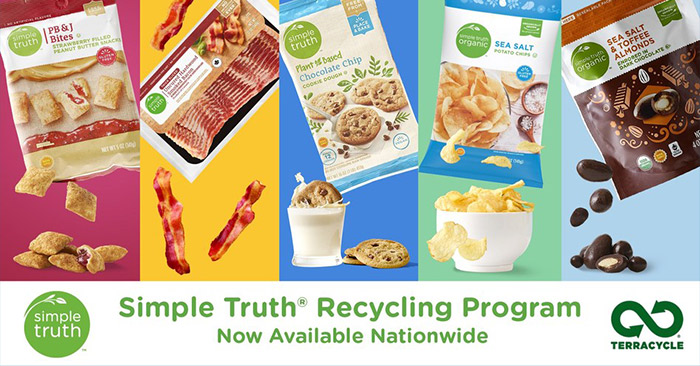
Kroger Launches Recyclable Packaging for Simple Truth
Kroger this week announced a new package recycling program for 300 products under its private label natural and organic brand, Simple Truth.
The Simple Truth Recycling Program, a partnership with recyclable container company TerraCycle and part of Kroger’s Zero Hunger | Zero Waste initiative, allows customers to recycle packaging from items like produce and bread, which aren’t typically accepted by city-wide recycling programs, according to Kroger. After signing up online, customers collect flexible plastic packaging, including bags, pouches, liners and wraps, from Simple Truth products, ship them to TerraCycle and earn points that are redeemed for donations to schools or nonprofits.
According to a release, the move marks the first free recycling program by a Fortune 25 retailer for one of its owned brands. Simple Truth, which launched in 2013, sells over 2,000 products and generated over $2.5 billion in sales in 2019, the release notes.
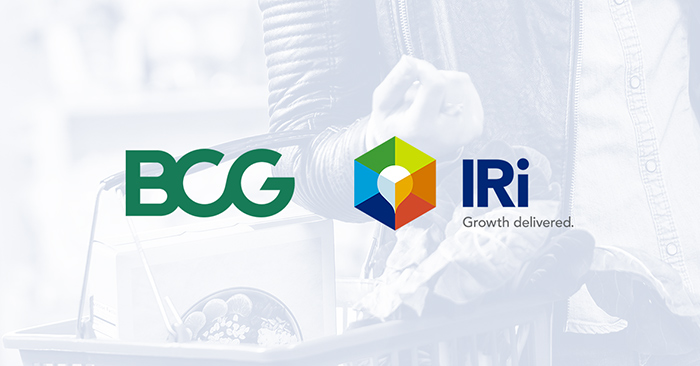
IRI: Big CPG Growth Fueled by Better-for-You Acquisitions, but Smaller Brands Growing Faster
In a webinar Wednesday, research firm IRI reviewed the latest ‘Growth Leaders in CPG,’ noting that big CPG companies’ 2019 growth was driven by acquisitions of better-for-you brands, but smaller companies are growing at a faster rate in 2020.
“A number of brands are doing extremely well because of a move toward much more simplicity,” said Krishnakumar Davey, IRI’s president of strategic analytics.
Overall, the CPG industry in the U.S. grew 2.2% in 2019 after 2% growth in 2018. IRI’s report, a partnership with the Boston Consulting Group (BCG), analyzed over 400 public and private CPG companies with retail sales over $100 million, measuring dollar sales and volume changes but focused more on dollar share changes, which Davey said better reflects long term sustainability. The study produced three lists of leaders: small companies ($100 million to $1 billion in IRI-measured retail sales), midsized companies ($1 billion to $5.5 billion) and large companies (over $5.5 billion).
In the top large companies, Hershey, General Mills and Tyson ranked sixth, fourth and third, respectively, and Kellogg ranked ninth, joining the list for the first time. Trends across large CPG companies included a focus on emerging trends like clean labels and better-for-you indulgence. Acquisitions also played a large role in growth. Hershey’s growth in 2019 was fueled by snack brands Skinny Pop and ONE Brands, which Hershey acquired last August and has seen sales growth of 57% year-over-year. Other leading acquisitions include meat brand EPIC, which drove nearly all of General Mills’ growth in 2019, and EnjoyLife, acquired by Mondelez in 2015.
On the list of mid-sized companies, snack brands Chobani and Blue Diamond ranked sixth and tenth, respectively, while protein brand Kodiak Cakes ranked fourth on the small brands list.
Additionally, Davey said, convenient, personalized and better-for-you beverages saw 300% year-over-year growth in 2019, most notably driven by hard seltzer, which grew 232% year-over-year in 2019.In particular, the report noted Beyond Meat as a top rising star in 2020 as it’s shifted its focus further into retail during the pandemic.
Davey added that 30-40% of consumers are new to brands due to a rise in cooking at home as well as limited product availability, and that basket sizes have grown 20%. Consumer demand remains high in frozen foods, shelf-stable vegetables and baking ingredients, he added.
Moving forward, Davey said e-commerce is expected to comprise 14% of CPG sales this year and 16-18% in 2021, noting the channel can be the “great equalizer” that helps niche brands win.
“You can be a small brand and still be a big thing in e-comm,” Davey said. “You don’t need to fight with the big guys.”
